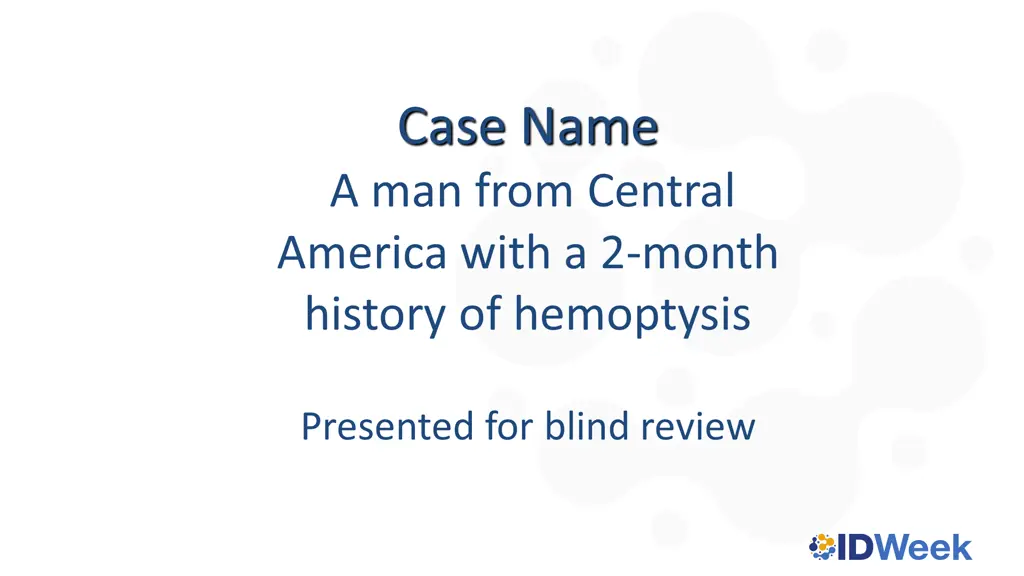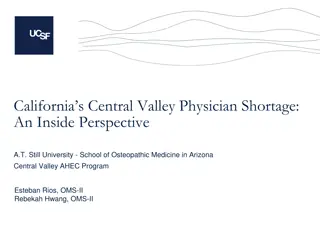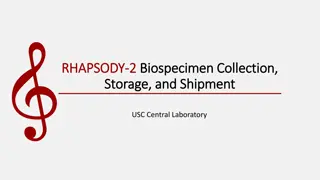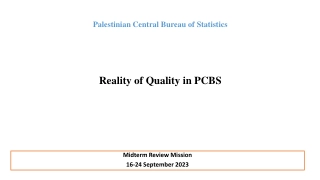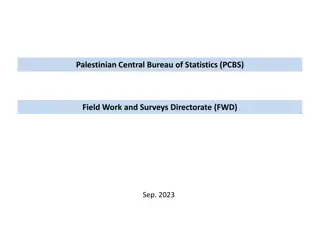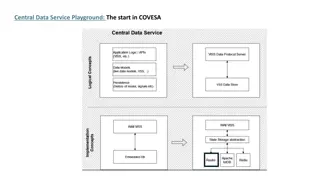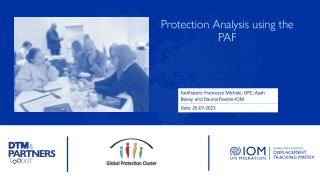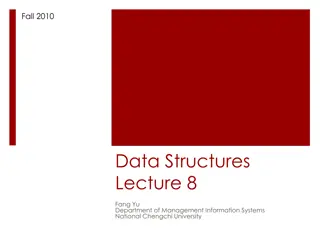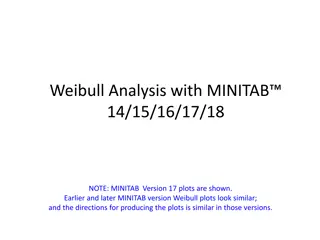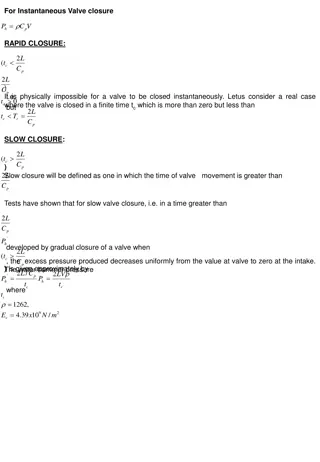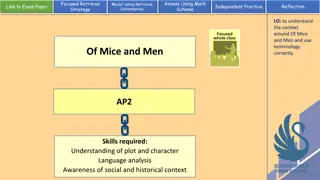Central America Hemoptysis Case Analysis
A 40-year-old male from Central America presented with 2-month hemoptysis history, dyspnea, chest pain, weight loss, and night sweats. Initial tests showed nodular opacities and cavitary lesions. Biopsy revealed Paracoccidioides infection treated with itraconazole. Clinical improvement noted.
Download Presentation
Please find below an Image/Link to download the presentation.
The content on the website is provided AS IS for your information and personal use only. It may not be sold, licensed, or shared on other websites without obtaining consent from the author. Download presentation by click this link. If you encounter any issues during the download, it is possible that the publisher has removed the file from their server.
Presentation Transcript
Case Name A man from Central America with a 2-month history of hemoptysis Presented for blind review
HPI: 40 yo M from Central America presented with a 2 month history of hemoptysis. He reported red blood mixed with yellow sputum. Also noted dyspnea on exertion and diffuse pleuritic chest pain. He complained of night sweats, decreased appetite and weight loss. Denied fevers or chills. Denied any other sites of bleeding. Denied sick contacts, including anyone with tuberculosis.
PMH: None Meds: None SH: Immigrated to the U.S. from Central America 2 years ago. Remote history of smoking. Denied drug of alcohol use.
PE: T: 99.8F, BP: 120/52, HR: 62, RR: 18, O2 saturation: 90% on 2L. Pleasant, cachectic male, no distress. HEENT: within normal limits, no oral lesions. Chest: Crackles at left base. Remainder of exam normal. Studies: WBC 14.6 (80%P). Hb 12.6. Platelets 502. Chemistries & LFTs: normal. Sputum gram stain: many PMN & mononuclear cells, no organisms. Sputum AFB smear negative x 3 HIV ELISA: negative
Chest imaging Multiple scattered nodular opacities w/ cavitary lesions Extensive mediastinal and hilar LAD Irregular foci of airspace disease, especially in BLL
Diagnostic testing Patient underwent bronchoscopy with BAL and biopsy. Stains from tissue revealed: Lung, GMS stain, 40X (Courtesy of Judith Rhodes, PhD)
Differential Diagnosis Histoplasma capsulatum Blastomyces dermatidis Cryptococcus neoformans Paracoccidioides brasiliensis Pneumocystis jiroveci 1. 2. 3. 4. 5.
Diagnosis and Follow-up Biopsy revealed acute and chronic inflammation, with poorly-formed granulomas. AFB stain negative. Fungal organisms were seen that were morphologically consistent with Paracoccidioides. 6 weeks later, the fungal culture grew Paracoccidioides brasiliensis. He was treated with oral itraconazole, with clinical improvement: the hemoptysis and dyspnea resolved, his appetite improved and he went back to work.
Paracoccidioides brasiliensis Dimorphic fungus Multiple sporulation of small buddings covering whole surface of the mother cell Steering wheel appearance= PATHOGNOMONIC
Paracoccidioidomycosis Endemic in Latin America, between Mexico 20 N and Argentina 35 S Most published cases from Brazil, Venezuela, Colombia Not described in the Caribbean or Chile
Paracoccidioidomycosis: Clinical aspects Adult, chronic progressive form Reactivation of quiescent lung lesions Fever is rare Symptoms include: weight loss, malaise, cough, eventually hemoptysis May be misdiagnosed as TB (which can coexist)
Paracoccidioidomycosis: Clinical aspects (Continued) Adult disseminated form Multifocal dissemination to skin, oral mucosa, tongue, palate, vocal cords Skin lesions (25%): hyperkeratotic plaques or ulcerative crusted lesions Cervical, axillary, mediastinal lymphadenopathy Adrenal insufficiency (15%) Can also involve spleen, liver, male GU tract, vascular system
Paracoccidioidomycosis: Diagnosis Visualization by direct microscopy (GMS, H&E stains) Isolation in culture can take >1 month Must be handled inside biohazard safety hood Lung, H&E stain, 40X (Courtesy of Judith Rhodes, PhD)
Final Diagnosis Paracoccidioidomycosis of the lung Contributor: Presented for blind review.
